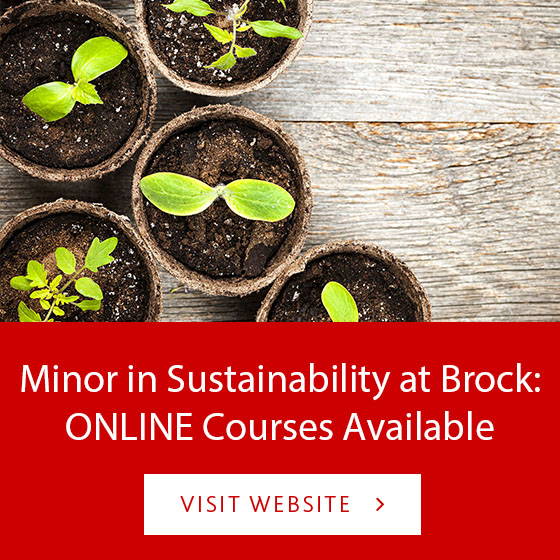The ESRC is very proud to announce that three students have officially completed the SSAS program and are graduating on June 19th, 2020. Jocelyn Baker, Qurat Shahzad, and Connor Thompson have all worked exceedingly hard throughout their time in the program, and we are so proud to have been a part of each of their academic journeys.
Jocelyn Baker joined the SSAS program in 2018 and brought with her a number of previous degrees and certifications, including a BA in Geography and Fine Art (Guelph University), a certificate in Terrain and Water Resources (Sir Sanford Fleming College), and a certified Project Management Professional. Jocelyn’s research was supervised by Dr. Liette Vasseur and investigated Management in Canadian Ramsar sites and sustainability through adaptive governance. Jocelyn’s interest in Canadian Ramsar sites was also reflected in her co-op placement, where she worked as a Project Manager, Niagara River Ramsar Designation for the Niagara Restoration Council.
Qurat Shahzad travelled to St. Catharines all the way from Dubai, UAE to join the SSAS program in 2017. Her research was supervised by Dr. Marcel Oestreich and built on the knowledge she had through her Bachelor of Science degree in Environmental Science from the American University of Sharjah, UAE. Qurat’s final research investigated the dynamics between the current economic system and sustainability goals.
Connor Thompson joined the SSAS program in 2018 with an Honours Bachelor of Arts in Political Science (Western University). His research interests aligned with those of Dr. Todd Green, who supervised Connor’s MRP research about the attitude/behaviour gap in low-impact housing development. In addition to his work on his MRP research project and as a research assistant on the ESRC’s Charter with Facilities Management partnership, Connor spent his co-op placement working as an Educator with the Great Canadian Shoreline Cleanup.
In addition to these three SSAS graduates, we would also like to congratulate our 10 undergraduate students who have completed the Minor in Sustainability. All 13 of our graduates have worked extremely hard to reach this important academic milestone, and we hope you’ll join us in expressing our heartfelt congratulations!










